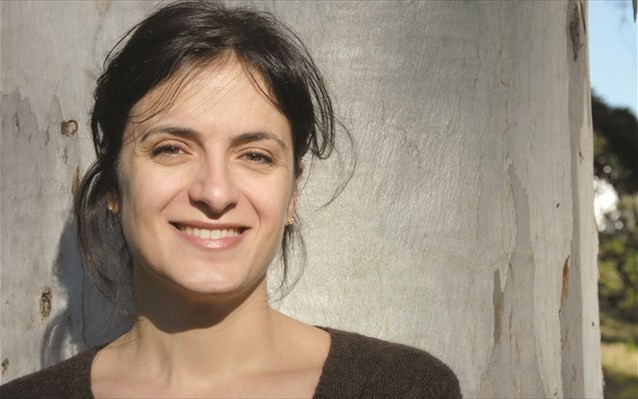Premier Lucas Papademos held a two-hour meeting with Charles Dallara, managing director of the Institute of International Finance, a banking lobby, and Jean Lemierre, senior adviser to the chairman of French bank BNP Paribas
( Thanassis Stavrakis / Associated Press ) – CORRECTS YEAR IN DATE Consumers have a look at a carpet shop’s window as the signs read ‘’Sell out due crisis’’ in Athens, Thursday, Jan. 26, 2012. Greece’s prime minister will hold new talks with representatives of the country’s private sector creditors on a crucial euro100 billion ($129 billion) debt writedown.
Top eurozone officials are pressing private bondholders to accept the new bonds at a lower interest rate.
A senior Greek government official said, despite delays in concluding the negotiations, Greece was still aiming to submit its formal offer for the bond-swap deal to banks and other private creditors by Feb. 13.
A second person with close knowledge of the talks told The Associated Press that Papademos and Dallara discussed “technical and legal issues” of the proposed deal and that meetings were set to continue in Athens Friday, possibly at a lower level of representation from the IIF.
Both asked not to be named because the negotiations are ongoing.
Dallara resumed the talks in Athens for a third successive week.
Eurozone countries have taken a tough stance with the IIF because they would have to provide additional help to Greece if the bond-swap deal falls short of expectations.
“To ensure debt sustainability for Greece, it is essential that a new program be supported by a combination of private sector involvement and official sector support,” William Murray, an IMF spokesman, said late Wednesday.
Murray said the IMF has not asked the European Central Bank, which holds more than €40 billion ($52 billion) in Greek government bonds, to play any specific role in relieving Greece’s debt pile.
The ECB, as a public sector holder of Greek debt, is protected from any writedown.
“The Fund has no view on the relative contribution of private sector involvement and official sector support in achieving” the target of cutting Greece’s debt-to-GDP ratio to 120 percent, Murray said.
Greece is currently surviving on a €110-billion loan package from eurozone countries and the International Monetary Fund, and has been promised an additional €130 billion in rescue aid if the bond-swap deal goes through.
EU-IMF debt inspectors are currently in Athens for talks with the Papademos government, to set conditions for the second package that are expected to produce more austerity measures in the recession-hit country.
Hardship facing many Greeks has spurred a huge drop in support for the country’s Socialist party, which won the last general election in 2009 with nearly 44 percent of the vote, and formed a coalition government with rival conservatives two months ago.
A nationwide opinion poll published Thursday found support for the Socialists has dropped to 12 percent, just behind three opposition left-wing parties.
The VPRC survey for the Epikaira news magazine gave the conservatives 30.5 percent support. Sample data was not immediately available.



